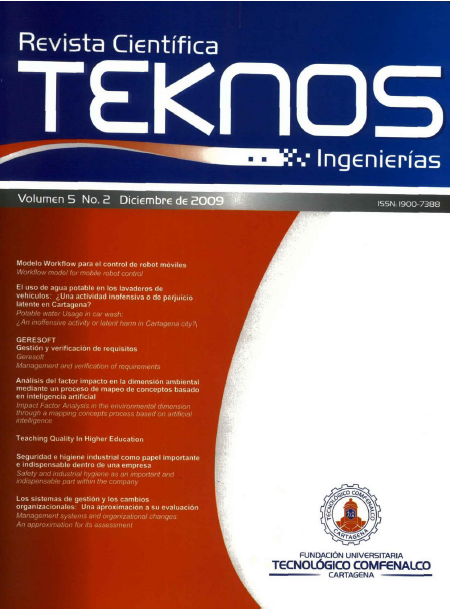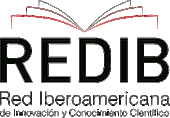TEACHING QUALITY IN HIGHER EDUCATION
Resumen
The Quality Assurance is an engineering discipline which governs the quality, safety, economy, serviceability, maintainability and reliability of products and services (1). The term Quality Engineering signifies body of knowledge comprising the theory and application of both statistical and management methods employed in creating quality in goods and services (2). Both disciplines overlap and share common building blocks. The Quality education in four-year universities generally focuses on quality engineering topics in the industrial/manufacturing engineering field. On the other hand, a few number of two-year coifeges adapted teaching at the Quality Technician level. BCC is one of the few community colleges that offer both a terminal Quality Assurance (ITQA) degree and a transferable Quality Engineering (ESQA) degree by using most of the same quality topícs and courses. In recent years, some universítíes and colleges along with professional organizations have been offering the same quality tools packaged with Six-Sigma, or Lean Six-Sigma concepts. In this paper, BCC course offerings related to quality concepts are given in special boxes to help the reader to link the quality concepts to the courses in the ITQA and ESQA programs.Descargas
Los datos de descargas todavía no están disponibles.
Descargas
Publicado
2009-12-01
Cómo citar
Ugur, H. (2009). TEACHING QUALITY IN HIGHER EDUCATION. Teknos Revista científica, 5(2). Recuperado a partir de https://www.revistas-tecnologicocomfenalco.info/index.php/teknos/article/view/658
Número
Sección
Artículos







